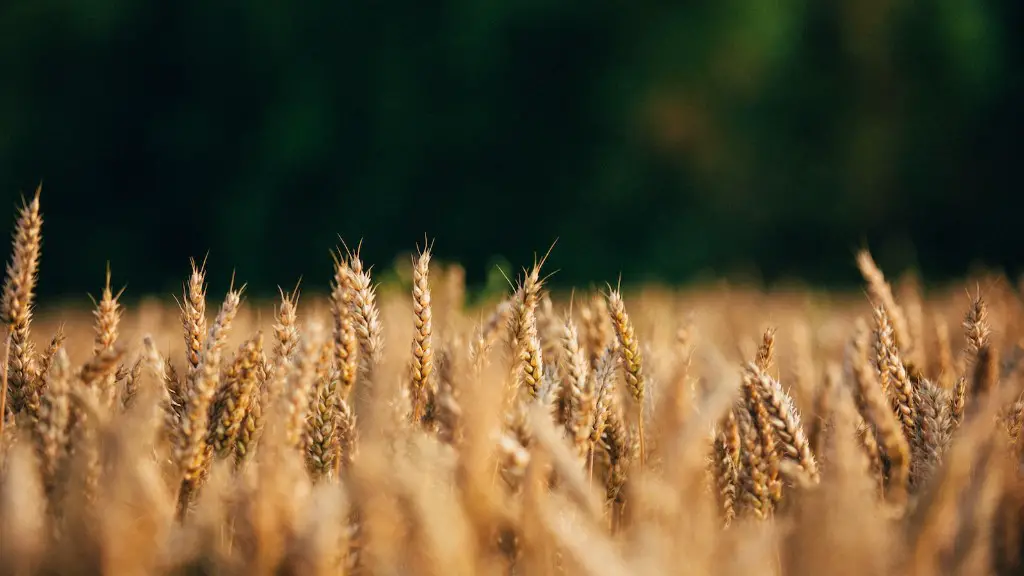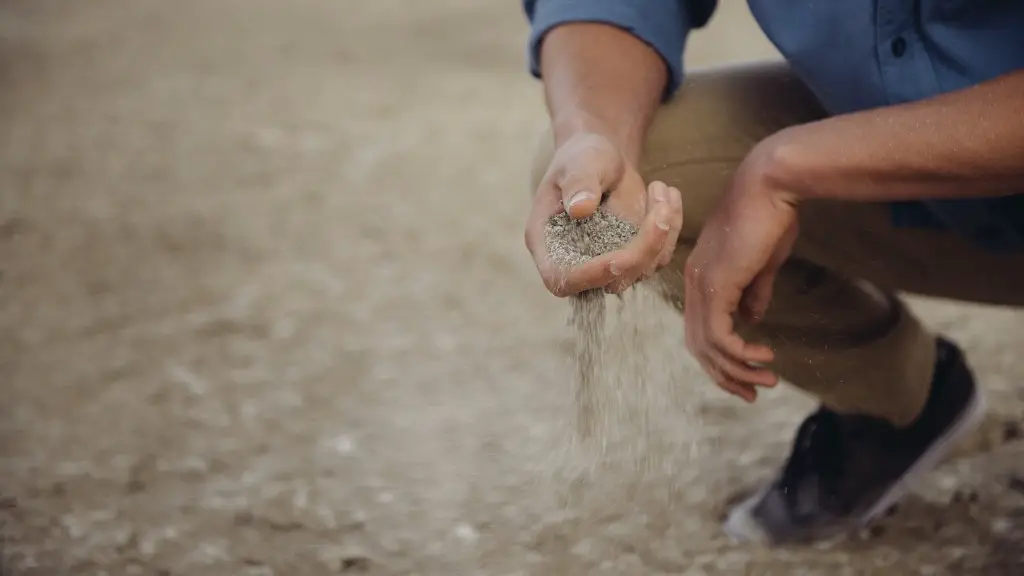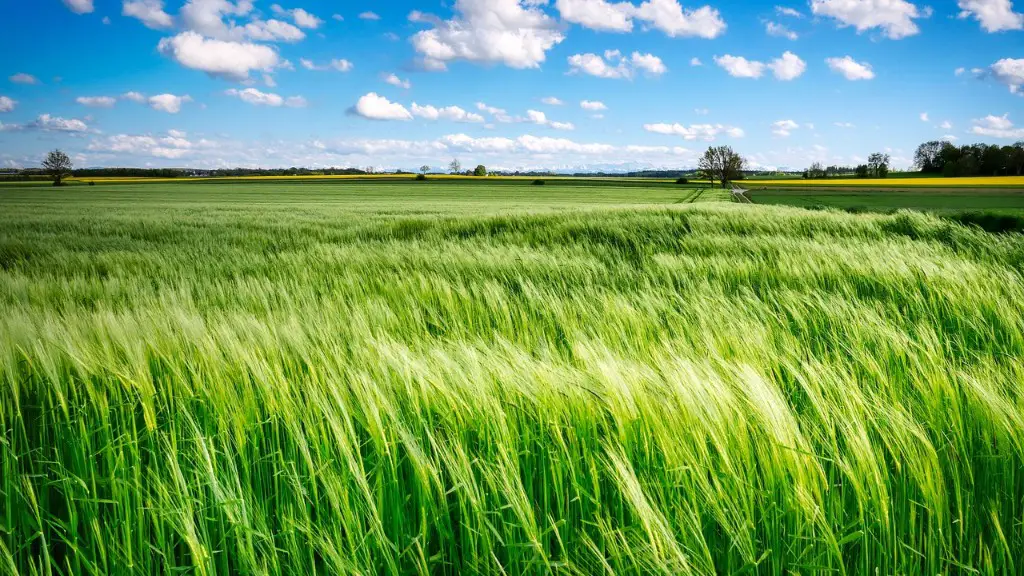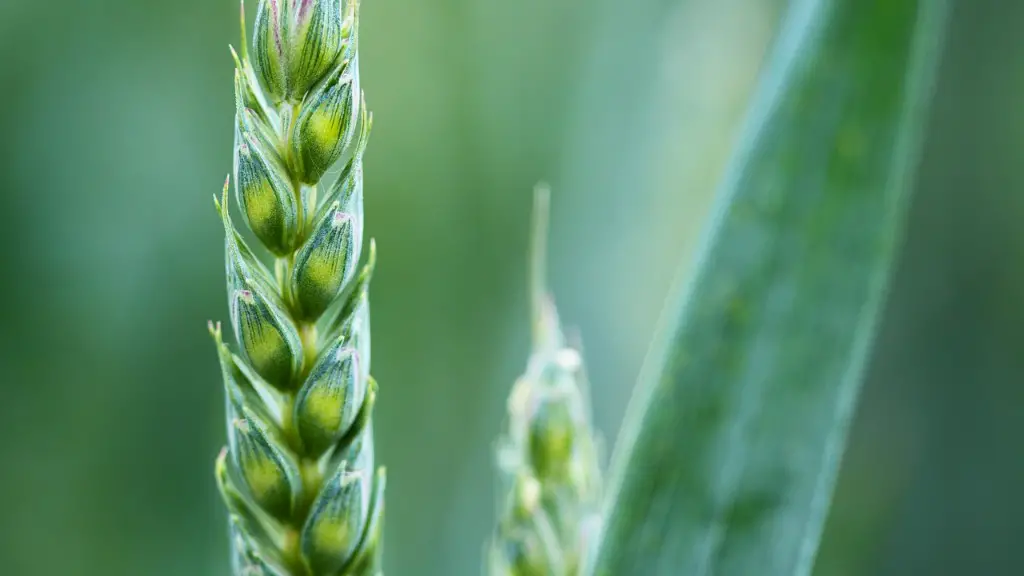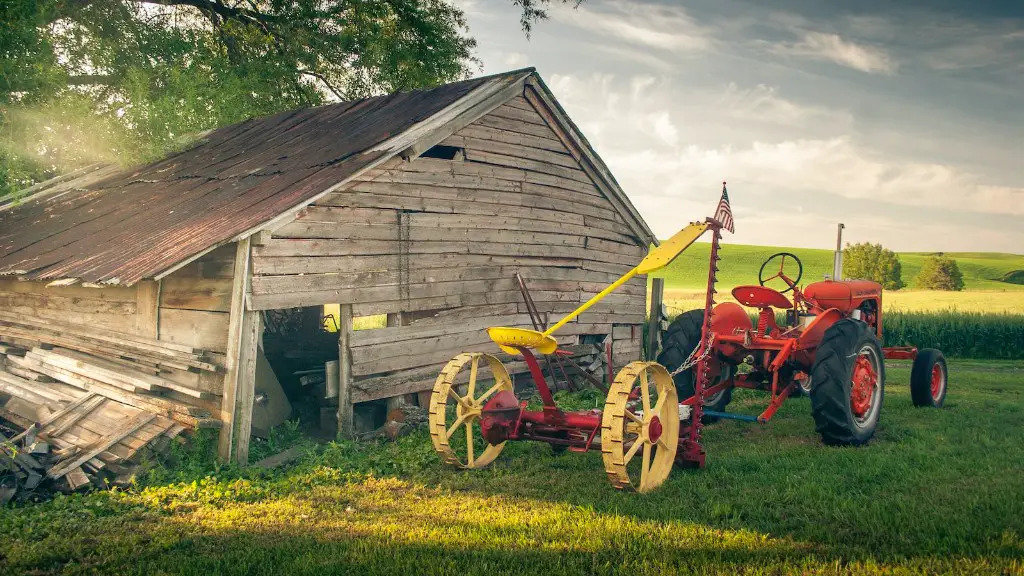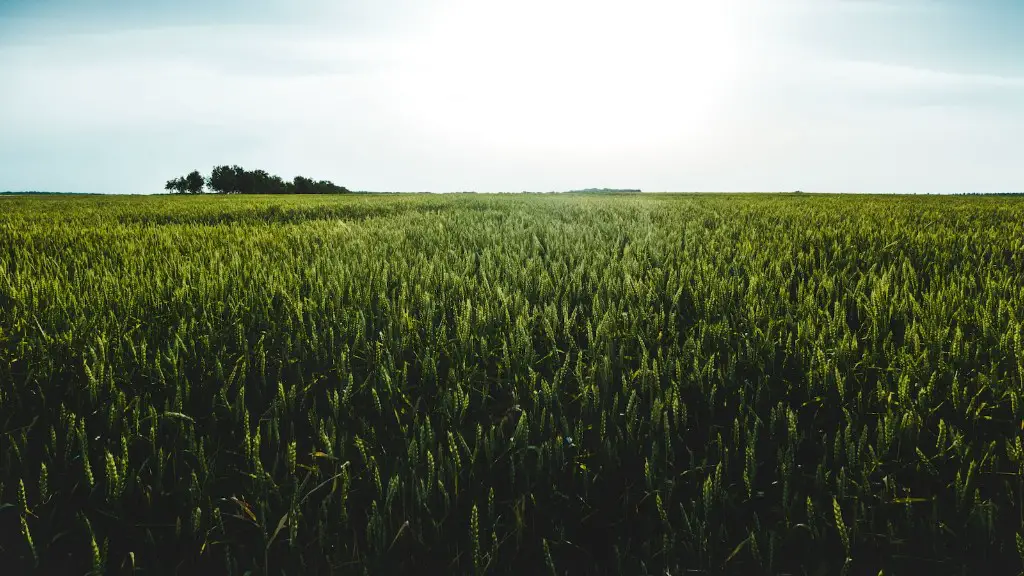In agriculture, a surfactant is a substance that helps reduce the surface tension of a liquid, making it easier to spread across a surface. Surfactants are used in many agricultural products, such as herbicides, insecticides, and fungicides. They help the active ingredients in these products to spread more evenly across the plant surface, which results in better coverage and more effective control of pests.
A surfactant is a substance that lowers the surface tension of a liquid, allowing it to spread out and wet surfaces more easily. Surfactants are used in agriculture to help water and pesticides penetrate the surface of plant leaves and reach the roots more easily.
What are examples of surfactants?
Sodium stearate is a surfactant, which is a substance that reduces surface tension. It is the most common surfactant in soap. Other common surfactants include 4-(5-dodecyl)benzenesulfonate, docusate (dioctyl sodium sulfosuccinate), alkyl ether phosphates, benzalkaonium chloride (BAC), and perfluorooctanesulfonate (PFOS).
Crop oil concentrates are composed of a blend of paraffinic-based petroleum oil and surfactants. This surfactant class reduces surface tension and improves herbicide uptake and leaf surface spreading. Nitrogen-surfactant blends consist of premix combinations of various forms of nitrogen and surfactants.
Can you use Dawn as a surfactant
The dish soap will help the herbicide to better adhere to the leaves of the plants, which will increase its effectiveness.
Surfactants are commonly used in agricultural sprayed pesticides to improve the performance of the application. The surface tension of water is broken by surfactants, which allows for more even coverage of the leaves and stems. This results in more consistent coverage of the target area and improved performance of the pesticide.
What is the most common surfactant?
Carboxylates are the most common surfactants and comprise the carboxylate salts (soaps), such as sodium stearate. More specialized species include sodium lauroyl sarcosinate and carboxylate-based fluorosurfactants such as perfluorononanoate, perfluorooctanoate (PFOA or PFO). Carboxylates are typically used as anionic surfactants.
Alkyl sulfates are a class of surfactants that includes ammonium lauryl sulfate, sodium lauryl sulfate, and sodium laureth sulfate. These surfactants are commonly used in cleaning products and cosmetics. Alkyl sulfates are effective at removing dirt and oil from surfaces, but can also be harsh on the skin.
Is vinegar a surfactant?
while white vinegar is acidic and promoted as a cleaning agent, it does not have surfactant qualities and is thus ineffective in this context.
Bicarb or baking soda is a pH adjuster. It is commonly used in cooking as a leavening agent. It can also be used to clean surfaces and to absorb odors. It is an effective, natural, and inexpensive way to adjust the pH of water.
What is the best surfactant to use with Roundup
Glyphosate products require the addition of a surfactant, such as a non-ionic surfactant (NIS). NIS should be used at a rate of 0.25 percent to 10 percent (1 quart to 1 gallon per 100 gallons of spray solution). Crop oil concentrates (COC) or methylated seed oils (MSO) are not recommended for use with glyphosate.
Decyl glucoside is a gentle, non-irritating, and effective surfactant. It is perfect for those with sensitive skin, as it creates a rich and dense foam without causing any irritation.
What is a good homemade surfactant?
There are a few reasons why you might want to make your own plant surfactant. Commercial products can be expensive, and it can be hard to find a product that is specifically designed for the plants you have. Homemade recipes give you the opportunity to tailor the surfactant to your plants’ needs.
Two popular recipes for homemade plant surfactants call for vinegar and either Sprite or molasses. Both recipes recommend mixi
There are a lot of different recommendations out there for how to deal with pests and lawn care. Some people recommend using dish soap, vinegar, and other household products as an alternative to using a surfactant. Others even recommend “washing your lawn” with soap and water before applying an insecticide or herbicide. Ultimately, it’s up to you to decide what method you want to use. Just be sure to research all of your options so that you can make an informed decision.
Does Roundup need a surfactant
If you are using Roundup to kill weeds, it is always a good idea to add a non-ionic surfactant to the mixture. This will help improve the spreading and sticking of the Roundup to the leaves of the weeds and slightly boost the weed control.
Fertilizers are an important part of plant care, and surfactants can improve the performance of foliar fertilizers. By reducing the surface tension of the fertilizer, surfactants help the fertilizer to spread more evenly and adhere more strongly to the leaves. This increases the amount of leaf surface that comes into contact with the fertilizer, improving its effectiveness.
Should you use surfactant with pesticides?
Adding a surfactant to your herbicide can increase its effectiveness by breaking the surface tension of both the herbicide and leaf surface. This makes it easier for the herbicide to penetrate the leaf and kill the plant.
A surfactant is a substance that, when added to a liquid, reduces its surface tension, thereby increasing its spreading and wetting properties. Surfactants are commonly used in detergents and cleaners to help remove dirt and grime.
Final Words
A surfactant is a substance that lowers surface tension, making it easier for water to spread and wet surfaces. In agriculture, surfactants are often used as part of pesticide formulations to improve coverage and penetration of the active ingredient into the plant.
A surfactant is a substance that reduces the surface tension of water, making it better at wetting and penetrating surfaces. They are used in agriculture to help water and pesticides better enter the leaves of plants.
